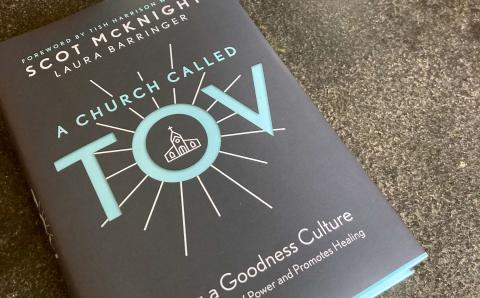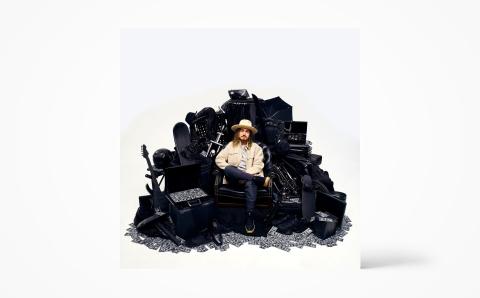When I was in seventh grade, my parents sent a note to my homeroom teacher to ask for an excused absence. I was headed to a federal building in Newark, New Jersey, to get my citizenship. The immigration officer asked me a number of questions—a few irrelevant ones to make me feel comfortable, and then a number of substantive ones about the workings of government. The last question was whether I would take up arms for the United States. My answers were succinct, and I stated that I would fight for America with zeal. It was the year “Red Dawn” hit the theaters, a movie about high school students fighting for America in the midst of a foreign invasion. I was ready to bleed for New Jersey.
I went back to school the next day, and my teacher asked how things went. I spoke as any seventh grader would: tersely. “OK,” I said.
I never felt like a citizen, but I was happy to be one.
My grandfather told me that America is a great country. He remembered how American soldiers helped his beloved Korea in the war. Moreover, he recalled the stories of American missionaries who brought the gospel. His father became an early Presbyterian pastor and died a martyr. My grandfather also told me to remember that I was Korean. He even went so far as to say that I would never completely fit in because I looked different. He was right. More times than I care to remember, I've been made to feel like an outsider in school, sports, and even the church.
This dual perspective—love for a country and the thought that I would never fit in—has served me well. I do not see them as contradictory, but beautifully complementary, especially from a theological perspective. We do not love because something or someone is lovable but because we have been loved. Moreover, we are able to love best when the object of our love does not form the basis of our identity. Love that weathers storms, endures deprivations, and gives sacrificially comes from above.
I love my country even with all of its problems. To me, it is a work in progress, not a finished product; a step in the exercise of liberty, not a paragon of freedom; an ideal to live out, not a mature nation with answers; an adolescent tree that is pliable, not a hardened oak full grown. Messy? You bet.
For me, not fitting in has made all the difference. I know this answer is paradoxical, but only when I realized that I am a citizen of a heavenly country was I able to serve this country well. Had my identity been wrapped up in being an earthly citizen, I would never have found peace or a country that could love me; fallen things don’t love very well.
I don’t know if there is a rise in anti-Asian sentiment. If I had to take a guess, it has always been present. Like all other sins, it lurks in recesses and cavities, in the chests of people and in their guts. I love my country, even more than I did in seventh grade. I also believe that I won’t fit in, but I made peace with that a long time ago.
BIO: John Lee is an administrator at an independent school and an interim pastor of Newtown Reformed Church. His book, On Generosity, will come out in the fall of 2021 from Stone Tower Press. stonetowerpress.com
About the Author
John Lee is an administrator at an independent school and an interim pastor of Newtown Reformed Church in Elmhurst, N.Y. His Ph.D. is in ancient history. He is the author of the book On Generosity (stonetowerpress.com)








